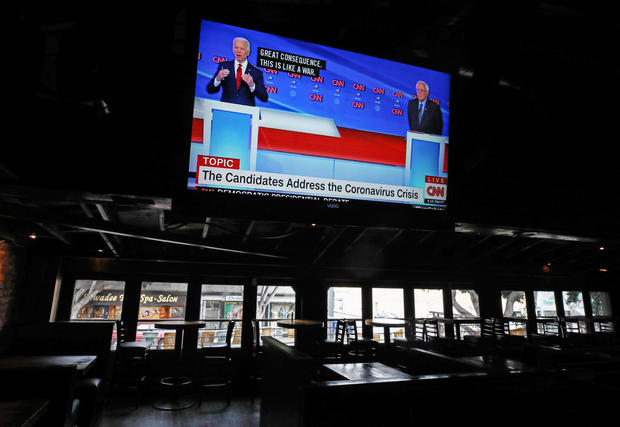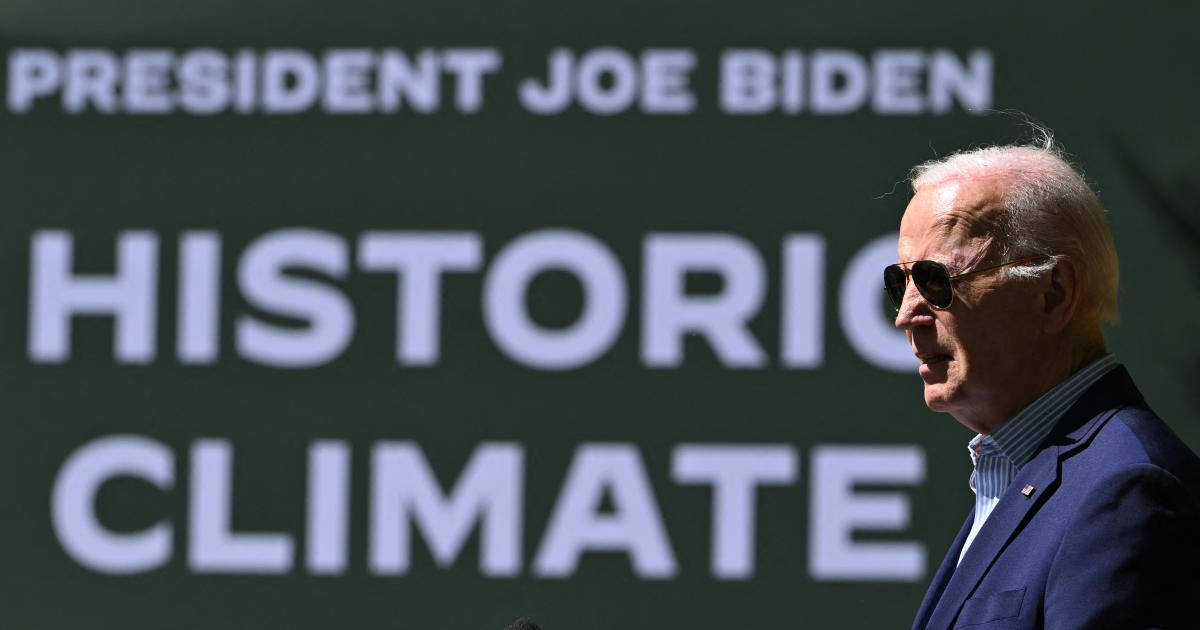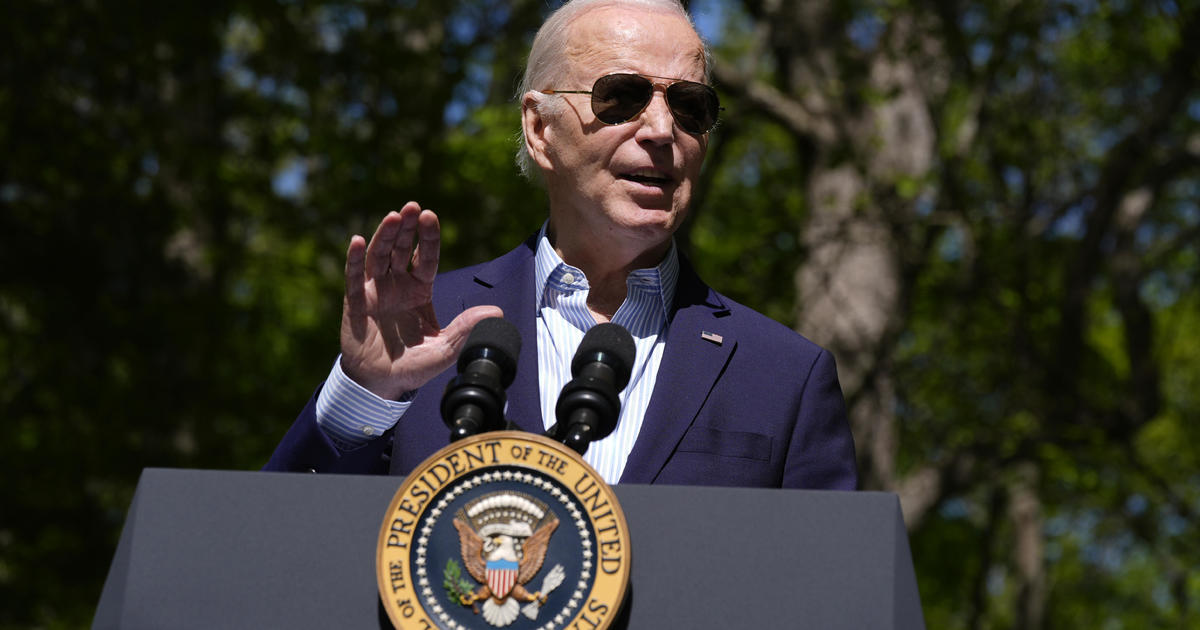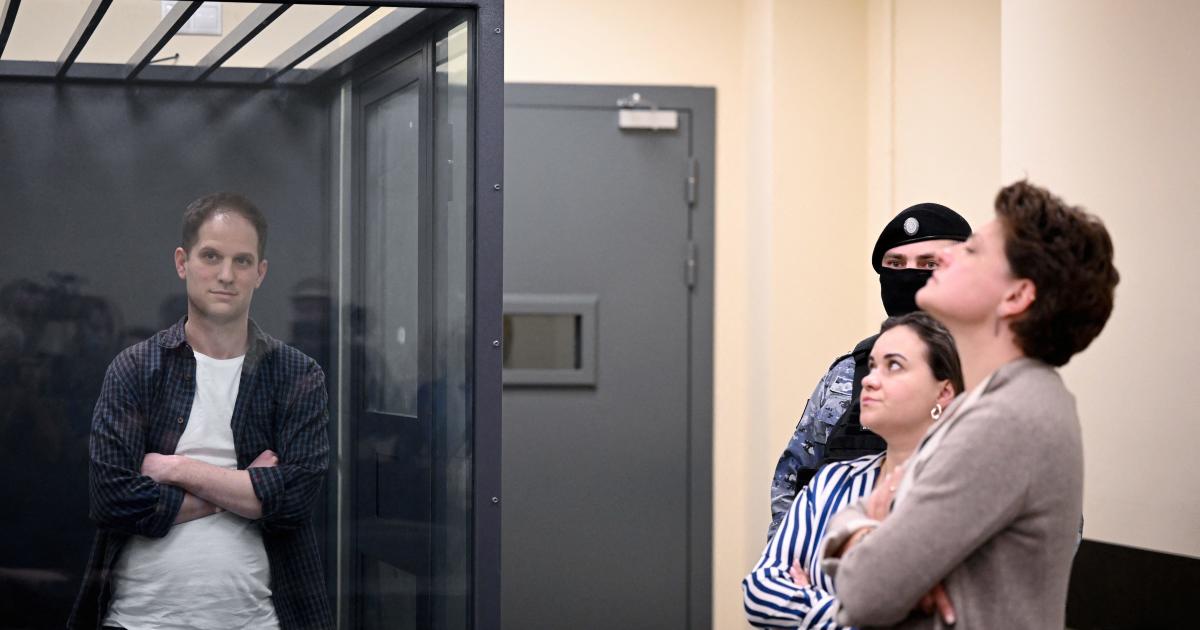Campaigning in the age of coronavirus
The elbow bump has replaced the handshake. "Hand sanitizer" and "soap" are considered debate night buzzwords. Rallies and town halls are held exclusively online. Field organizers are working from home. And "I wash my hands" is a CDC-friendly campaign slogan.
Welcome to the art of campaigning in the age of the coronavirus.
The global pandemic comes as the presidential primary process is still underway, changing the very nature of traditional "hand to hand" campaigning and offering a rare, real-time and multilayered test for a would-be commander-in-chief.
It is also threatening the act of in-person voting, prompting some states to postpone their primaries over health concerns.
Ohio is one of four states slated to host a presidential primary on Tuesday. Governor Mike DeWine on Monday sought to postpone in-person voting until June 2 and allow absentee voting between now and then, arguing that going through with the scheduled primary would contradict CDC guidelines. A judge, however, denied the request. DeWine then announced that the state health director would order polls to be closed anyway.
"During this time when we face an unprecedented public health crisis, to conduct an election tomorrow would would force poll workers and voters to place themselves at an unacceptable health risk of contracting coronavirus," DeWine said in a statement.
Florida, Illinois, and Arizona are moving ahead with the primary as scheduled, but have made various changes, like moving polling locations out of senior living facilities and offering sanitizing materials.
"In-person voting is a comparable transaction to picking up a takeout restaurant order or shopping at a grocery store," said Matt Dietrich of the Illinois State Board of Elections. "Primary voting typically is a swift transaction that can be done at a safe distance from other voters."
Officials and campaigns alike have also advocated for absentee or mail-in voting, where available. There are also concerns about having enough election judges and volunteers.
Together the four contests offer 577 delegates, with roughly 60 percent of the total delegates to be awarded by the end of Tuesday's contests. Joe Biden is poised for victories in those states, and Bernie Sanders' pathway to the nomination does not appear to be mathematically possible. But the postponement of primaries and low voter turnout could prolong the process, as well as make it difficult for the campaigns to glean the crucial demographic and messaging data points from the votes.
Georgia, Louisiana, and Kentucky have all suspended primaries slated to take place over the next several weeks.
Democrats do see some silver linings emerging from this unconventional time, however, and hope it leads to more states allowing other ways to vote, rather than in person. "We are really on the cusp here on a big expansion of early and absentee voting, and tremendous innovation in the campaign world," says Robby Mook, a CBS News political analyst and former Hillary Clinton campaign manager. "Voters are sitting at home, you've got a captive audience....Every time you're reaching people online you're able to reach more people."
In the lead-up to Tuesday's primaries, the Democratic campaigns have been operating largely online, canceling all in person events and instructing staff to work from home. On Monday night, for example, Sanders' campaign held a "first-ever digital rally" with several musical guests, distributed via livestream. Last week, he broadcast a fireside chat. Biden hosted a tele-town hall on Monday, where the impact of the pandemic was a top concern.
Sunday's debate — the first featuring just two candidates — was moved from Phoenix to the CNN studios in Washington. The podiums were placed far enough apart to comply with "social distancing" guidelines, there was no audience, and the competitors made a statement by touching elbows instead of shaking hands.
Both Biden and Sanders are in their late seventies and at high risk for coronavirus, though both said they had shown no symptoms and had not had contact with anyone who has tested positive. And they both reflected on how the nature of the campaign had changed so quickly.
"I love doing rallies and we bring many thousands of people out to our rallies. I enjoy it very much," Sanders said. "We're not doing that right now. In fact, our entire staff is working from home."
Biden is known for spending ample time after events shaking hands and meeting people at the rope line, but said "I do not shake hands any longer; I do not engage....Our staff is all working from home. We are not doing rallies any longer. We're doing virtual rallies. We're doing virtual town hall meetings." Biden made news that evening by announcing he would select a woman as his running mate. Last week, he held a digital town hall.
The Trump re-election team has also canceled rallies, a cornerstone of the president's campaign style, and has been touting their robust digital operation.
Elsewhere, non-presidential campaigns are also navigating a coronavirus-altered world. In a memo to House members, National Congressional Campaign Committee chairman Tom Emmer addressed the unique challenges in this moment and cautioned against fundraising off coronavirus and urged sensitivity in communications.
"Limit grassroots events and switch to events like tele-town halls, which are a great way to reach a large number of constituents and keep them apprised of the work you and Congress are doing," he wrote. "Call constituents and donors and check in with them individually. You can also call donors instead of hosting in-person fundraisers." Emmer also urged members to check the sourcing of information they share, and to make sure it comes from trusted sources like the CDC or HHS. "Do not spread misinformation from politicized news stories," he wrote.
Aaron Navarro and Rebecca Kaplan contributed to this report.





